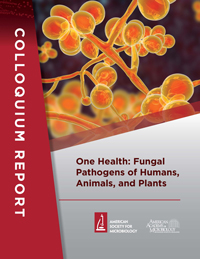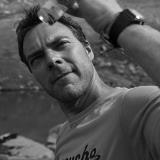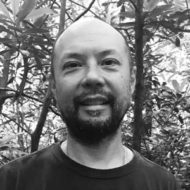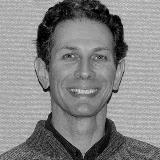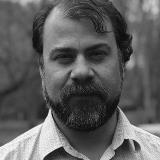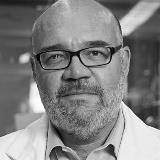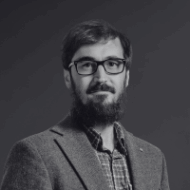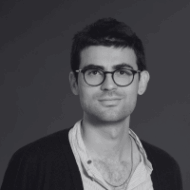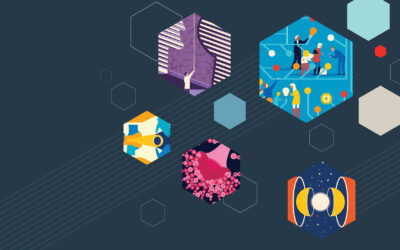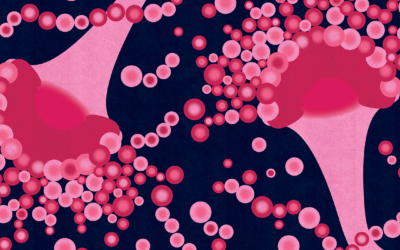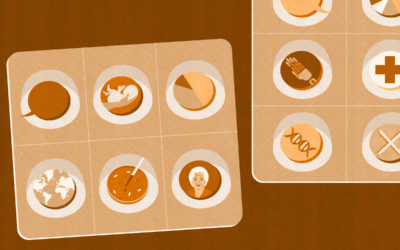Fungal Kingdom: Threats & Opportunities
What might we uncover in an unknown biosphere?
As both antibiotic producers and deadly pathogens, necessary members of ecosystems and invasive species, understanding the complexity of the Fungal Kingdom demands a multidisciplinary approach. CIFAR’s team includes diverse experts who interrogate the unique facets of fungal biology to mitigate the threats posed by fungi and harness their extraordinary potential.
IMPACT CLUSTERS
The Fungal Kingdom program is part of the following CIFAR Impact Clusters: Nurturing a Resilient Earth and Shaping the Future of Human Health. CIFAR’s research programs are organized into 5 distinct Impact Clusters that address significant global issues and are committed to fostering an environment in which breakthroughs emerge.
RESEARCH AND SOCIETAL IMPACT HIGHLIGHTS
The need for antifungals
CIFAR Fellow Charles Boone (University of Toronto), Co-Director Leah Cowen (University of Toronto), Fellow Christina Cuomo (Broad Institute), Co-Director Joseph Heitman (Duke University), and Fellow Gerard Wright (McMaster University) identified new molecules that kill fungal pathogens or reduce resistance to existing antifungal treatments by screening diverse chemical libraries, including natural products and derivatives. The next steps in this work are to catalyze the discovery of novel antifungals, targets and resistance mechanisms.
Unlocking a vaccine for white nose syndrome
CIFAR Fellows David Blehert (United States Geological Survey), Bruce S. Klein (University of Wisconsin, Madison) and Don Sheppard (McGill University) made a major discovery related to a pathogenic fungus called Pseudogymnoascus destructans, better known as the White Nose Syndrome. This Syndrome has killed millions of ecologically vital bats across North America, with 90-100% mortality rates at some sites. The research team discovered how the fungus initiates the infection via skin, leading to new prevention strategies, including a new vaccine which is already showing promise. If successful, these studies would have a beneficial impact on ecosystems, biodiversity as well as animal and human health.
This new report, One Health: Fungal Pathogens of Humans, Animals, and Plants, highlights the remarkable advances in the field and provides updated recommendations to address scientific and public health challenges today.
Program member authors: Arturo Casadevall, John W. Taylor, Joseph Heitman, and Leah Cowen
Founded
2019
Interdisciplinary Collaboration
Molecular genetics
Microbiology
Epidemiology
Bioinformatics
Public Health
Biochemistry
CIFAR Contact
